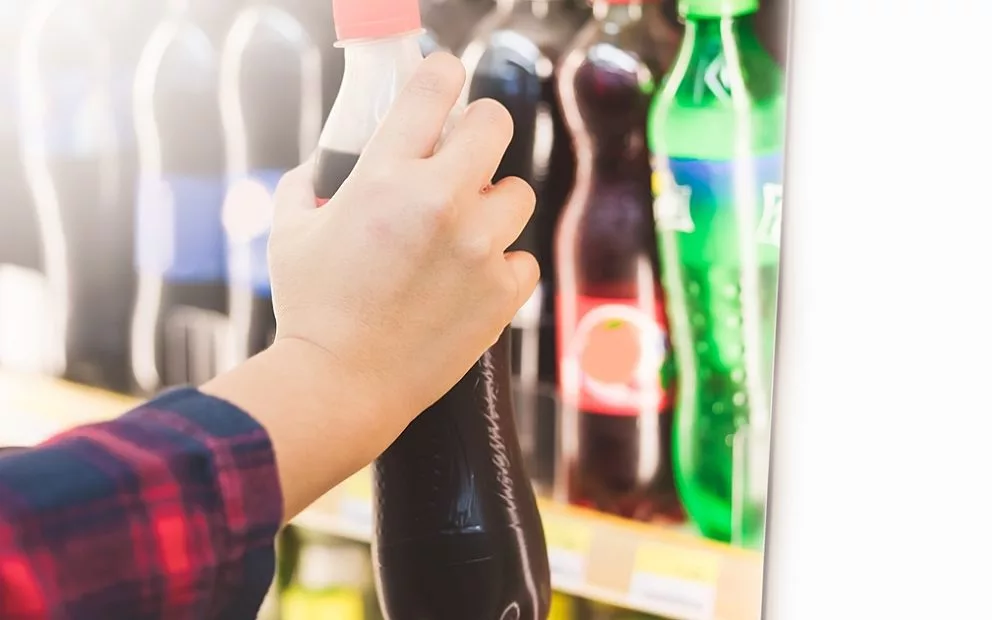With the festive season gearing up, Adelaide-based researchers are commending parents after finding they’re less likely to drink to excess than adults without children.
Jacqueline Bowden, a PhD candidate with the University of Adelaide and Manager of SAHMRI’s Health Policy Centre, found parents are on average 25 percent less likely to put their long-term health at risk because of drinking.
“We found parents are less likely to drink more than the recommended limit of two standard drinks per day, and also less likely to “binge” drink, which is classified as more than four standard drinks on the one occasion,” Ms Bowden said.
The research findings are based on more than 11,500 responses to the 2013 National Drug Strategy Household Survey.
The study shows mothers are most likely to adhere to recommended alcohol intake levels when their children are less than two years old, between six and 11 years old, or 15 years and over.
“While we found fewer parents exceeding the guidelines for drinking alcohol, we also found that parents were more likely to drink alcohol at home than non-parents,” Ms Bowden said.
“That’s perfectly understandable given parents, particularly of young children, are less likely to go out.
“The next step for us is to study whether that drinking in the home is in front of children, because we know how strongly parental behaviour influences children.”
Despite some encouraging trends, the study found many Australians still drink alcohol at risky levels, with men more likely than women to routinely exceed the guidelines.
“Alcohol is more affordable now that it has been over the past thirty years and we have seen a dramatic increase in availability since the 1980s” Ms Bowden said.
“We know a lot more money is spent each year on promoting alcohol than is spent highlighting the dangers, particularly the long-term harms including cancer and cardiovascular disease.
“The Federal Government’s draft National Alcohol Strategy 2018-2026 has a number of priorities including managing availability, price and promotion and improving awareness of alcohol-related harms in the Australian community.
“We look forward to the implementation of this strategy”.
The research was published today in Drug and Alcohol Review.
Parental drinking in Australia: Does the age of children in the home matter? published in Drug and Alcohol Review
Key statistics from the paper
- Parents were less likely than non-parents to exceed alcohol guideline for increased lifetime risk (18.2% vs 24.2%) and short-term risk: at least weekly (14.2% vs 21.2%); and at least monthly (27.5% vs 35.9%).
- Fathers were just as likely to exceed the guidelines for lifetime risk as other men, but those with children aged 0-2, were less likely to exceed the guideline for short-term risk than men without children.
- Mothers were least likely to exceed the guideline for lifetime risk if they had children aged 0-2, 6-11 or 15 years and over, or the guideline for short-term risk, if they had children aged 0-2, or 15 years and over in the household than women without children.
- Parents were significantly more likely to report drinking in the home than non-parents (84.6% vs 79.6%).



